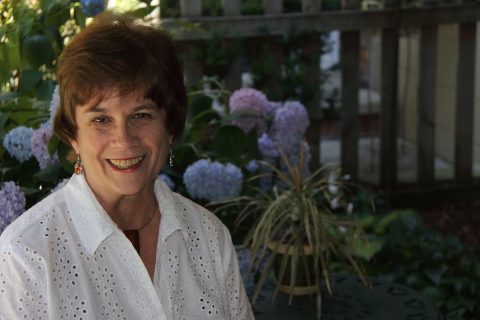Patti Abbott will be giving away a copy of one her novels to the author of the story she selects this week.
How do you think living and working in the metro Detroit area has influenced your writing?
Although Concrete Angel takes place in Philadelphia, I left the east coast at nineteen in 1967. So what you see in that book is a child’s view of the city, which makes sense since the narrator is a child.
I have lived in Detroit since 1970. Many, but not all, of my stories take place in Detroit or its near suburbs. So too the 2016 novel, Shot in Detroit. Even when I moved to the Detroit area in 1970 at age 20, it was a shell of its former self. The riots, the poverty, the ensuing white flight, the school busing issues, an angry mayor, set its course. I worked in Detroit for 20 years, using the inadequate bus system to get to work. Our life, then and now, centers on Detroit’s cultural institutions, restaurants, universities, and sports teams so it could not help but influence my writing. Although if I were to be honest, I would have to say that my Detroit is somewhat fictitious, composed of pieces of the real one but also parts of an imaginary Detroit.
Sometimes, OK often, it feels like there’s so much emphasis in the literary world on being young and successful. What advice would you give someone worried about starting a writing career later in life?
I guess I’d say, “Well, what is your alternative?” If there are other things you’d rather be doing, you should do them. But if you have to write, or at least want to, write, what do you have to lose?” I was astounded at the recent Bouchercon at how many writers talking about their first book at a seminar (and there were 60 first time novelists there) were over 45. And many were over 55. Some of us are just late-bloomers. In my case, it was fear of failure that kept me from trying. And then one day, something changed and failure became not trying.
Are there any books you’ve recently read that you loved? How do you think they may have influenced your writing?
Not too long ago I read The Slaves of Solitude by Patrick Hamilton. It knocked me out. Written during World War 2, it told the story of a woman, forced to live in a boarding house during the blitz, where she is bullied. Amazing detail, sense of place, character. Give me a story with a great character and the writer doesn’t need to do much more than have the character wash out their stockings and write letters on lavender stationary. One book I always recommend and I have read many times is Montana, 1948 by Larry Watson. Pure genius. The books that influence me most have a strong sense of place and character, which both of these have. Also Winter’s Bone by Daniel Woodrell and anything at all by Bonnie Jo Campbell.
One of your blog entries mentions that you like literature that teaches you things. What are some of your favorite things that you have learned from short stories?
I love stories that teach me about a profession or hobby. A favorite short story for instance is “The Piano Tuner”by Peter Meinke. I love Alice Munro’s early stories about raising foxes in Ontario. Thomas Lynch makes the life of a mortician so compelling that I used it in Shot in Detroit I learned about being a soldier in O’Brien’s The Things They Carried. STONER has so much to say about college teaching. THE REVISED FUNDAMENTALS OF CAREGIVING (Evison) is another favorite. Philip Roth used glove-making in American Pastoral to great effect. Explaining how something is make or done gives depth to a story for me. I have used the idea many times. “How to Launder a Shirt” comes to mind.
What do you think makes a short story’s ending feel successful?
I think a story’s ending is successful when it is both inevitable and somehow surprising. The best example I can offer is “A Good Man is Hard to Find” by Flannery O’Connor. The runner-up would be “Where Are You Going, Where Have You Been,” by Joyce Carol Oates. In both stories, the author prepared the reader completely for what would happen, but it still scared you to death.


 Included in the price of SmokeLong Fitness:
Included in the price of SmokeLong Fitness: